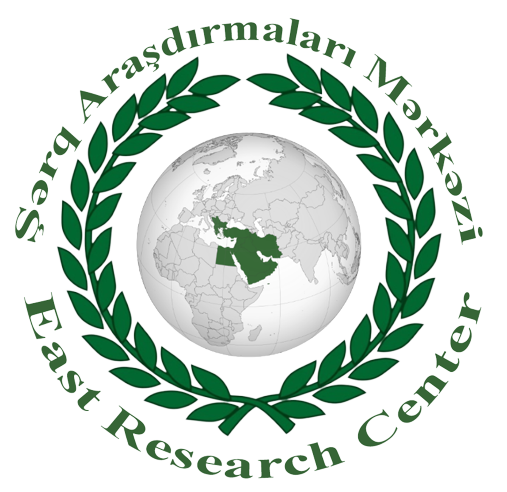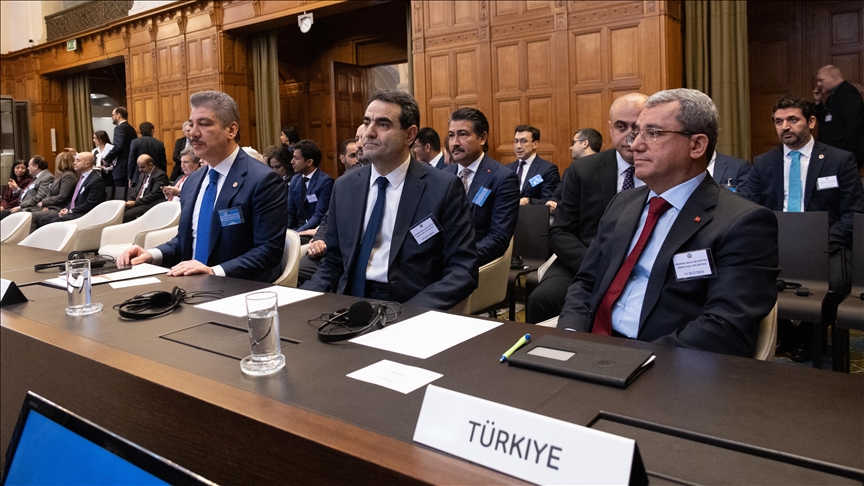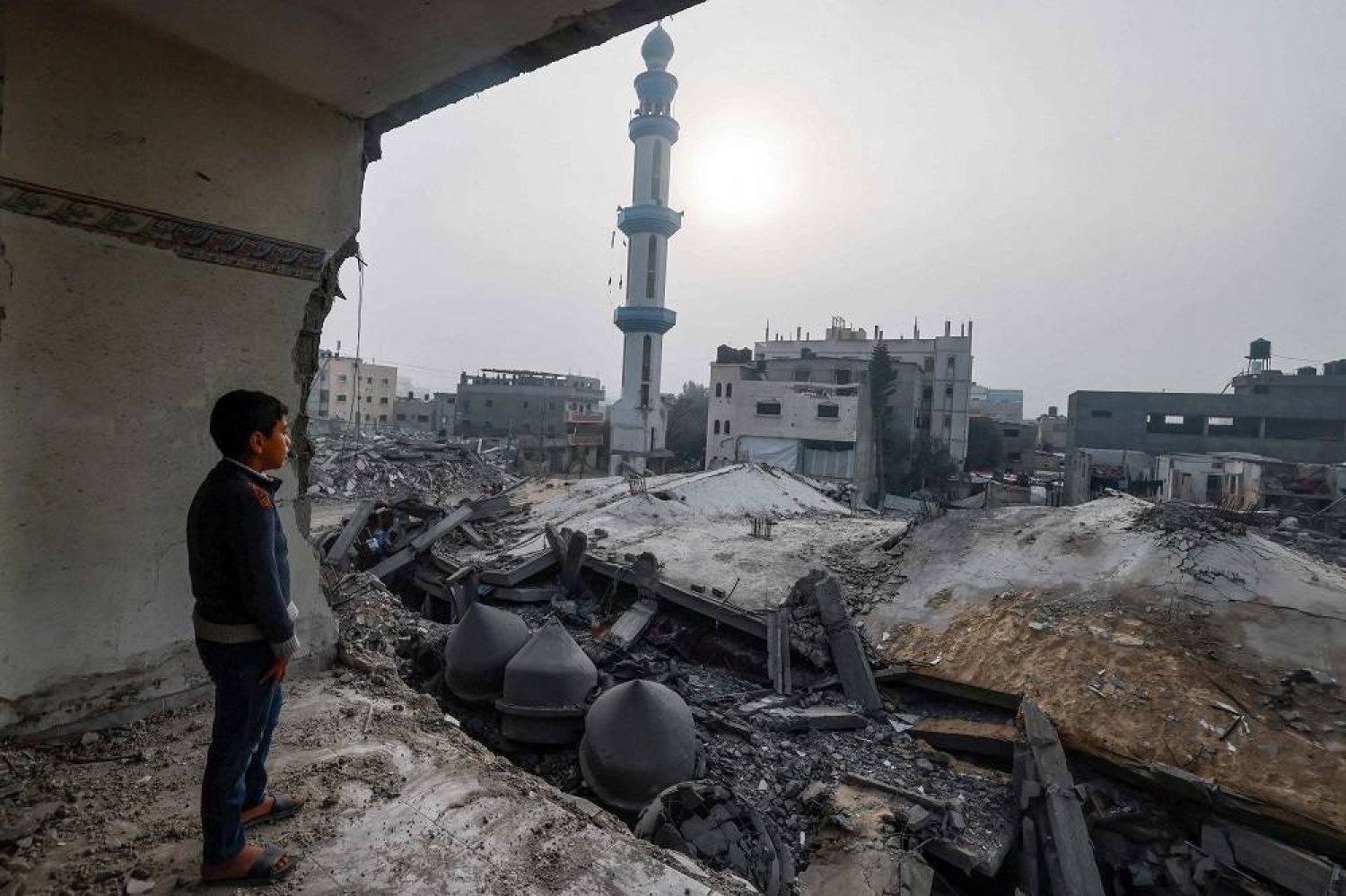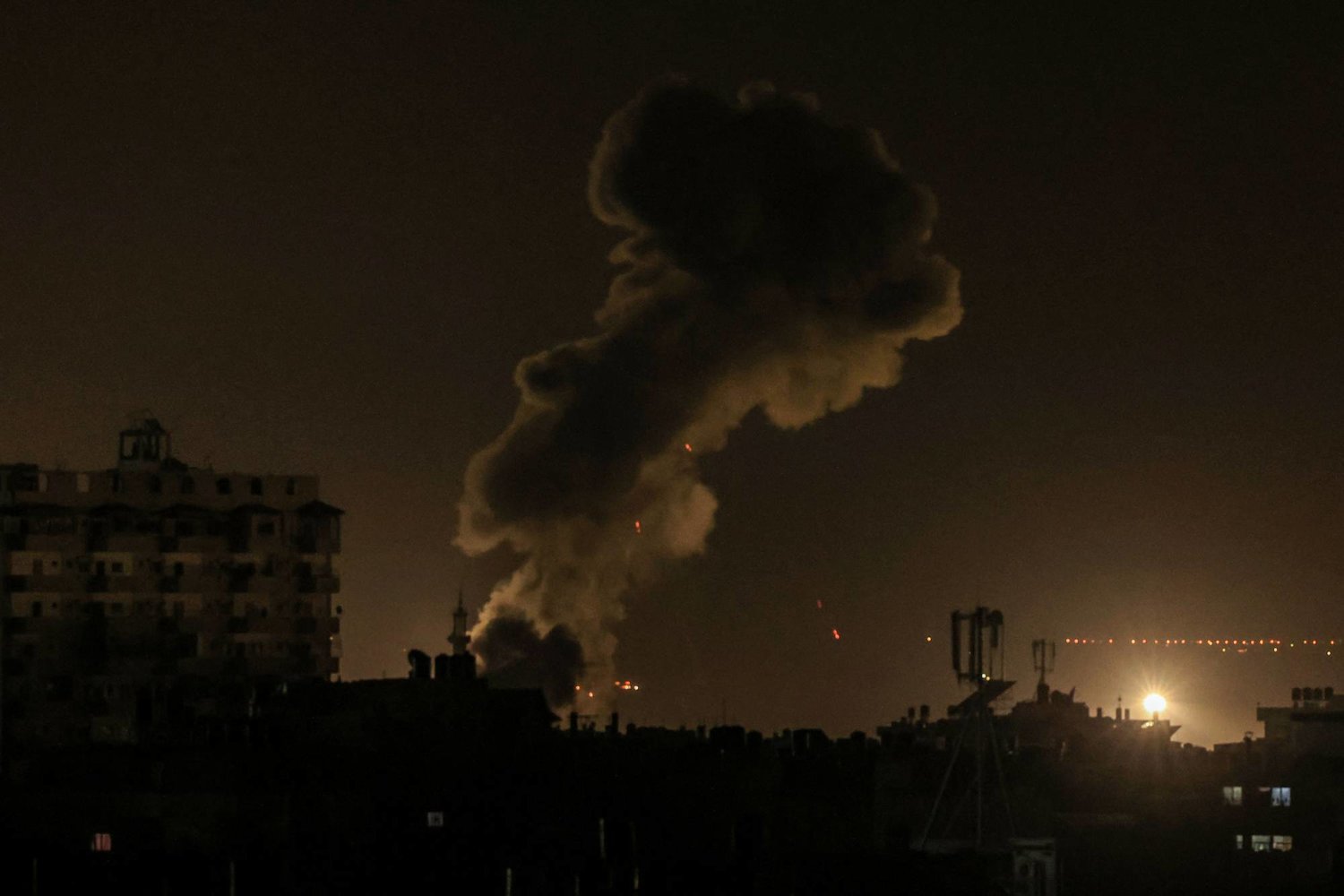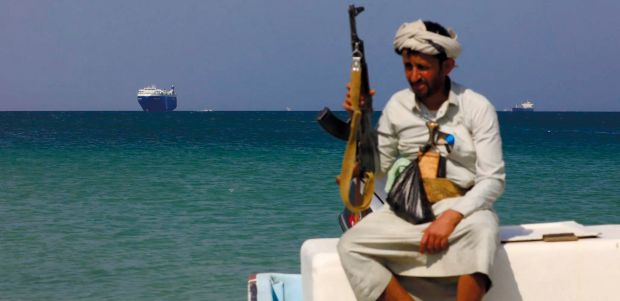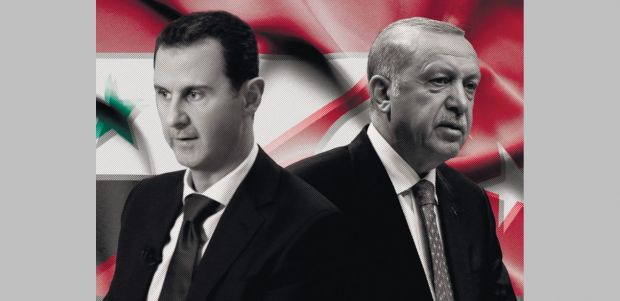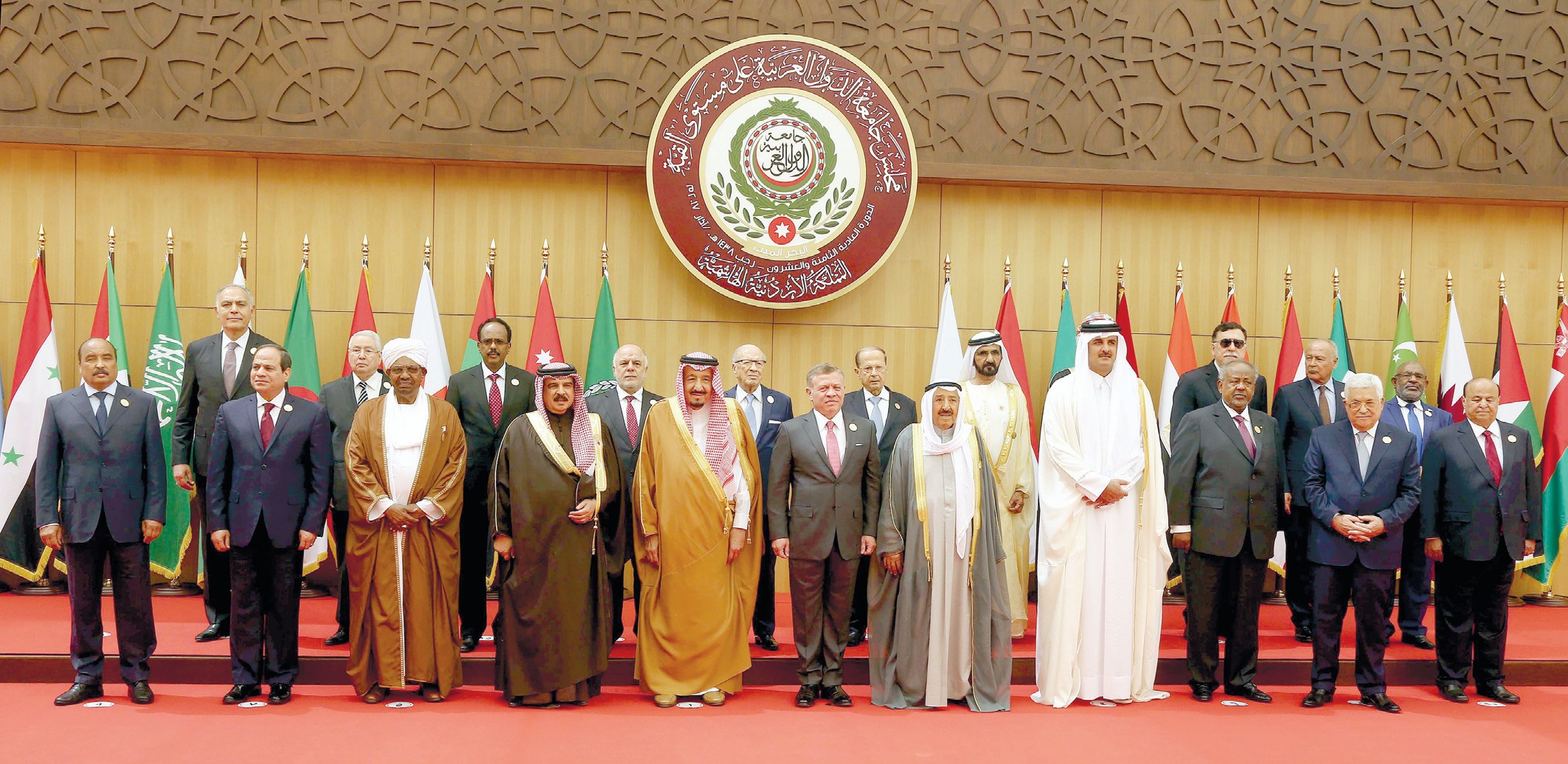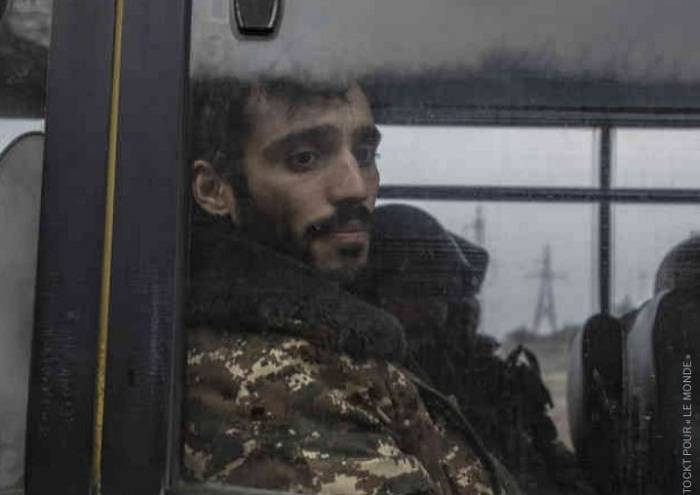
Kirkuk is back on fire
Hussain Samad, 49, was killed on September 2nd, on the main ring road around his hometown of Kirkuk, where he had begun selling gasoline and diesel in jerricans. The day was hot, dry, and long, much like any other late summer day in Kirkuk. He was unaware there would be a demonstration against the barriers between his city and others, particularly Erbil. In the chaos of the demonstration, he was shot in the head by a militia caravan as it passed by him, later succumbing to his wounds. He leaves behind a wife and six children. This pattern of deaths prevalent throughout this tumultuous area's history will no doubt be seen as collateral damage and barely remembered.
Violence has returned to Kirkuk. Local observers claim that on the morning of September 2nd, there were indications that a protest might happen in the city's Rahimawa (predominantly Kurdish) district. This was the outcome of roadblocks enforced by a variety of factions, including Sunni, Turkmen, and Popular Mobilization elements. These organizations are opposed to the Kurdistan Democratic Party (KDP) returning to their base, which is now held by the Kirkuk Joint Operation Command. After the independence referendum in October 2017, the KDP left the city.
In the aftermath of the referendum, the KDP and the Patriotic Union of Kurdistan (PUK) lost the city and began to accuse each other of abandoning the Kurdish cause.
Kirkuk, who’s City?
Kurds, Turkmen, and most recently Arabs have all fought over control of the city throughout Iraq's modern history. The Turkmen started the initial discussion in the Baghdad daily al-Ahali in March 1959. A newspaper article titled "The History of the Nations of Iraq" was published on March 1st by Shakir Umar, a Turkmen author from Kirkuk, according to Bet-Shlimon, Arbella. Although the piece made no mention of Kirkuk, it was unmistakably an expression of the ethnopolitical beliefs that Kirkuki Turkmens had started to hold after feeling marginalized in the city. The main thrust of Umar's thesis was that the civilization in the Iraqi region, which dates back many centuries, originated in Turkey. Umar frequently added "Turkmen" in parentheses after using the adjective "Turk" to describe Iraqi and Mesopotamian people and locations, linking their relatively recent distinct identity as "Turkmens" to a more significant and older Central Asian heritage that, in his view, gave rise to Mesopotamia. Kamal Muzhir Ahmad was furious after reading Umar's essay in al-Ahali. He then wrote a six-part reply to the piece, which was printed in al-Ahali throughout the remainder of March 1959. Although Turkmen in the past had grandiose ambitions, this story is now mostly seen as a sort of poetic melancholy for lost political opportunity.
The Kurdish narrative became rather Kurdistani; hence, Kirkuk is part of Kurdistan's territory, acknowledging the presence of Turkmen, Arabs, and others. For the KDP, the narrative centered around the metaphor of the heart, and for the PUK, around the metaphor of al-Quds, or Jerusalem. If the heart is essential for the survival of the body, Jerusalem indicates the holiness of a disputed city. While for the Iraqi Arabs, the narrative centers around the Iraqiness of the city. Each group read the other's narrative suspiciously. For Kurds, Iraqiness means considering the main identity of the city as Arabic, while for Arabs, considering the city as part of Kurdistan indicates that the city belongs to the Kurds. Hence, the city, above all, is seen through an ethnic prism.
Legally, in the Iraqi constitution, the city is considered a disputed area. To deal with the dispute, three steps are required: normalization, a census, and a referendum to determine the will of their citizens, according to Article 140 of the Iraqi constitution.
City of Oil, City of No Solution!
One of the Middle East's oldest oil fields, Kirkuk started producing in the 1920s. It is one of the two super-giant fields that have historically dominated Iraq's output, along with Rumaila (which started operating in the 1950s). This abundance of natural resources, instead of aiding in the growth and wealth of the city, hampered it. Oil played a role in urbanization but not in the city’s modernization. As a direct consequence of this, the city became the epicenter of the Iraqi oil nationalization drama. After the nationalization proclamation on June 1, 1972, the city's name was changed from Kirkuk to Al Ta'mim, which suggests nationalization. The latter indicated that all of the Iraq Petroleum Company's (IPC) assets were nationalized. This further inflamed the narrative of anti-colonial, Iraqi, and Arab nationalism, which in turn led to centralization and the use of oil as a weapon. All of these led to the commencement of the Arabization of the city and the area around it, aiming at diminishing the Kurdish population in the city.
Along with them, nationalization converted Iraqi oil into a political good. The economic logic of managing an oil firm and the political logic of upholding local, regional, and international power balances are in conflict to a significant extent as a result of this politicization, a worldview and practice that continues nowadays.
Oil may help nourish the city, but because of the attitude of weaponization, control, and exclusion rather than inclusion, oil becomes a source of conflict. This is particularly true given the absence of institutions and the nation's heavy reliance on oil as a source of revenue.
Why is it important?
There is no other Iraqi city like Kirkuk. It is a very sensitive area where violence is constantly a factor, underlying and pervasive. People from all walks of life never had the freedom to be themselves; the feeling of being insulted is a common feature among all, leading to a hyper-inflammatory societal atmosphere. It is a fact that what happens in Kirkuk won't only stay in Kirkuk; it will have an immediate effect on all of Iraq, as the recent demonstration showed. For instance, when protests took place in southern Iraq, they had little impact on the rest of the nation; the same is true for the Sunni region and Kurdistan. But Kirkuk defies this model. As a result, many contend that a peaceful settlement of the Kirkuk issue is necessary for the long-term stability of Iraq.
The city also holds the memories and grief of countless people. This is a factor that must be taken into account in any just peace, and it also shows that any forced settlement would only make the conflict worse.
Additionally, the city has regional characteristics, unlike many other Iraqi cities. For several reasons, both Iran and Turkey view the city as strategically important. Iran now rejects any Kurdish presence in the city so as not to strengthen Kurdistan and thus further centralize Iraq. The Iranian strategic route toward the Mediterranean is served by Kirkuk province as well.
Turkey has traditionally associated the city with Turkmen, which denies Kurds their demography and democratic rights. For Turkey, Kirkuk contributes to the Kurdish independence project. According to Cengiz Candar, any alteration to the status quo in the regions bordering Turkey, seen from Turkey, might have a catastrophic effect on the country and its ability to survive. Turkey therefore has a self-interest in defending its borders and thwarting the creation of a state for the Kurds.
What is attainable?
Any strategy in Kirkuk, if it is to be successful, must stop the present trends and take history seriously. The city is currently on the verge of civil war. Since the city's tensions and disputes have gotten out of control for so long, the population's social and psychological well-being as well as its political outlook are being shaped by them. The city is experiencing grief.
The past several days have demonstrated that the Kurdish areas of Kirkuk are being subjected to the same Iraqi strategy of population destruction through mass arrests that have been used elsewhere in the country. Many people have been detained, and the area has been militarized, as evidenced by the demands of the MPs in the Iraqi parliament. These will only breed more violence.
The Iraqi military and administration should not act as winners in the city nor make every effort to outlaw any Kurdish symbols. Any community, especially in the age of polarization, will become more nationalistic when it is seen as a defeated people on the defensive.
When it comes to the main Kurdish political groups, instead of reveling in their little disputes and learning from their past failures, they should create a long-term strategy. The KDP-PUK disputes will make the city's Kurdish people even more despondent and convince others that using force to win is a viable option.
Since Kirkuk's stability greatly contributes to Iraq's stability, it is also in the international community's interest to help bring about justice in Kirkuk.
However, some claim that the present political system will make it impossible to resolve the Kirkuk crisis. However, any long-term resolution to the Kirkuk conflict must include strengthening democratic institutions, and the rule of law, demilitarizing the city, and using oil to promote peace.
Sardar Aziz
Associate researcher at the CFRI
